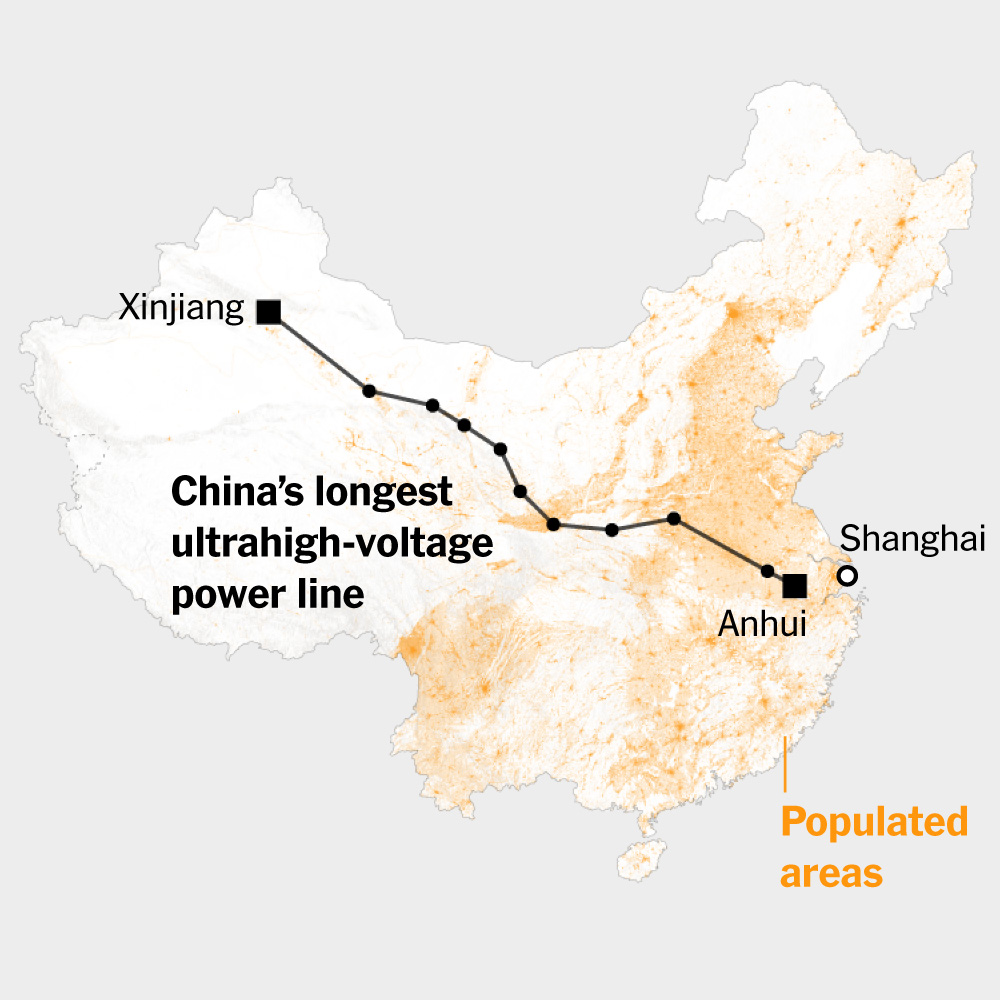The “Donroe Doctrine”: Trump’s Push to Reassert U.S. Dominance in the Western Hemisphere
Background
Since taking office, President Donald Trump has pursued a more confrontational foreign‑policy agenda, especially toward the nations that share the Americas with the United States. Analysts have begun referring to his latest strategy as the “Donroe Doctrine,” a play on the historic Monroe Doctrine, but with a decidedly modern, transactional twist.
Key Policy Moves
The administration has rolled out a series of measures designed to reward allies and penalize rivals across the continent:
- Economic incentives for countries that align with U.S. trade policies, including expedited access to the U.S. market and preferential treatment in new infrastructure projects.
- Increased military aid and joint‑exercise programs for governments that support U.S. security initiatives, particularly in the Caribbean and Central America.
- Targeted sanctions and visa restrictions on leaders deemed hostile to Washington, such as those who have pursued closer ties with China or have criticized U.S. immigration policies.
Regional Reactions
Responses have been mixed. Some right‑leaning administrations, like those in Brazil and Colombia, have welcomed the new incentives, praising the “clear commitment to shared values and security.” Others, notably in Venezuela, Mexico, and several Central American nations, have condemned the approach as “neo‑imperialist” and warned that it could destabilize the region’s fragile economies.
Implications for the Western Hemisphere
The “Donroe Doctrine” signals a shift from the post‑Cold War emphasis on multilateralism to a more unilateral, interest‑driven posture. Critics argue that the policy risks:
- Escalating diplomatic tensions with nations that view U.S. pressure as an infringement on sovereignty.
- Undermining regional institutions such as the Organization of American States (OAS), which have already struggled with internal divisions.
- Fueling anti‑U.S. sentiment that could empower populist movements on both the left and the right.
Supporters, however, contend that a stronger U.S. presence is necessary to counter growing Chinese influence and to protect American economic and security interests in the hemisphere.
Looking Ahead
As the Trump administration continues to refine its approach, the “Donroe Doctrine” will likely remain a focal point of debate in Washington and across the Americas. Whether it will reshape the political landscape or simply reinforce existing alliances remains to be seen, but one thing is clear: the United States is once again testing the limits of its influence over its southern neighbors.






